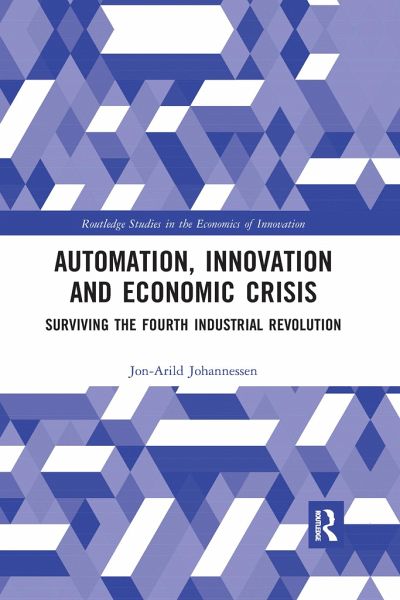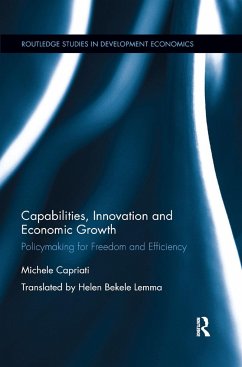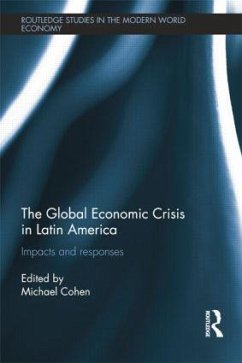
Automation, Innovation and Economic Crisis
Surviving the Fourth Industrial Revolution

PAYBACK Punkte
27 °P sammeln!
The fourth industrial revolution is developing globally, with no geographical centre and is taking place at enormous speed. Robots will bring about the informatization of work such that the way we work, where we work and our relationships with our colleagues and employers are all in a state of change. The author argues that a "perfect"














